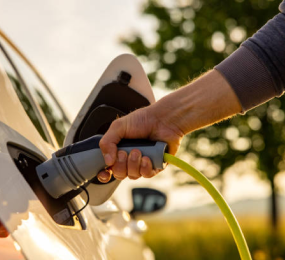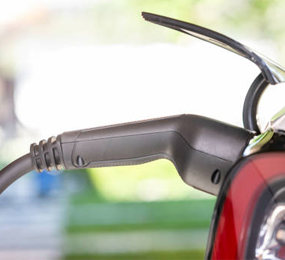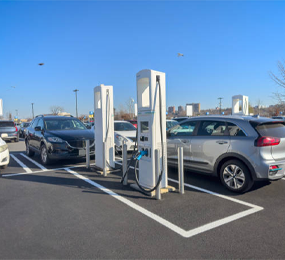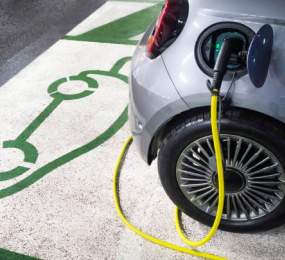Fleet Electrification Strategies for African Logistics and Delivery Companies
The rapid urbanization and increasing demand for efficient delivery services across Africa present a compelling case for logistics companies to embrace fleet electrification. This transition offers significant economic and environmental benefits, but requires tailored strategies to navigate the continent's unique challenges. Successful fleet electrification in Africa hinges on a blend of appropriate vehicle selection, innovative financing, localized infrastructure, and robust operational support.
A key strategy is the prioritization of electric two- and three-wheelers for last-mile delivery. These smaller vehicles are well-suited for navigating congested urban environments, offer lower acquisition costs than larger electric vans, and are already widely used in many African cities. Companies like Ampersand in Rwanda and MAX in Nigeria demonstrate the viability of this approach, leveraging electric motorcycles and tricycles to reduce operational expenses and emissions.
To overcome the barrier of high upfront costs, innovative financing models are crucial. Battery-as-a-Service (BaaS) and lease-to-own schemes significantly reduce the initial capital outlay for drivers and small businesses. This unbundling of battery costs from the vehicle makes electric adoption more accessible and aligns daily repayment structures with driver income, fostering financial inclusion.
Furthermore, developing localized and decentralized charging infrastructure is paramount. Given the varying reliability of national grids, off-grid solar charging stations and battery-swapping networks are proving to be effective solutions. Companies like Spiro in Benin and Togo have successfully deployed extensive battery swap networks, ensuring minimal downtime and continuous operation for their electric fleets. Finally, investing in maintenance, data analytics, and a skilled workforce is essential to maximize vehicle uptime and optimize fleet performance in challenging operating conditions.
By adopting these strategic approaches, African logistics and delivery companies can effectively electrify their fleets, reducing fuel dependence, improving air quality, and contributing to a sustainable and resilient urban transport ecosystem.
Visit our website to know more: https://www.leadventgrp.com/events/e-mobility-and-infrastructure-africa-summit/details
For more information and group participation, contact us: [email protected]
Leadvent Group - Industry Leading Events for Business Leaders!
















